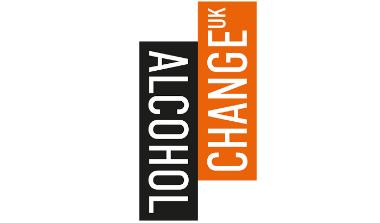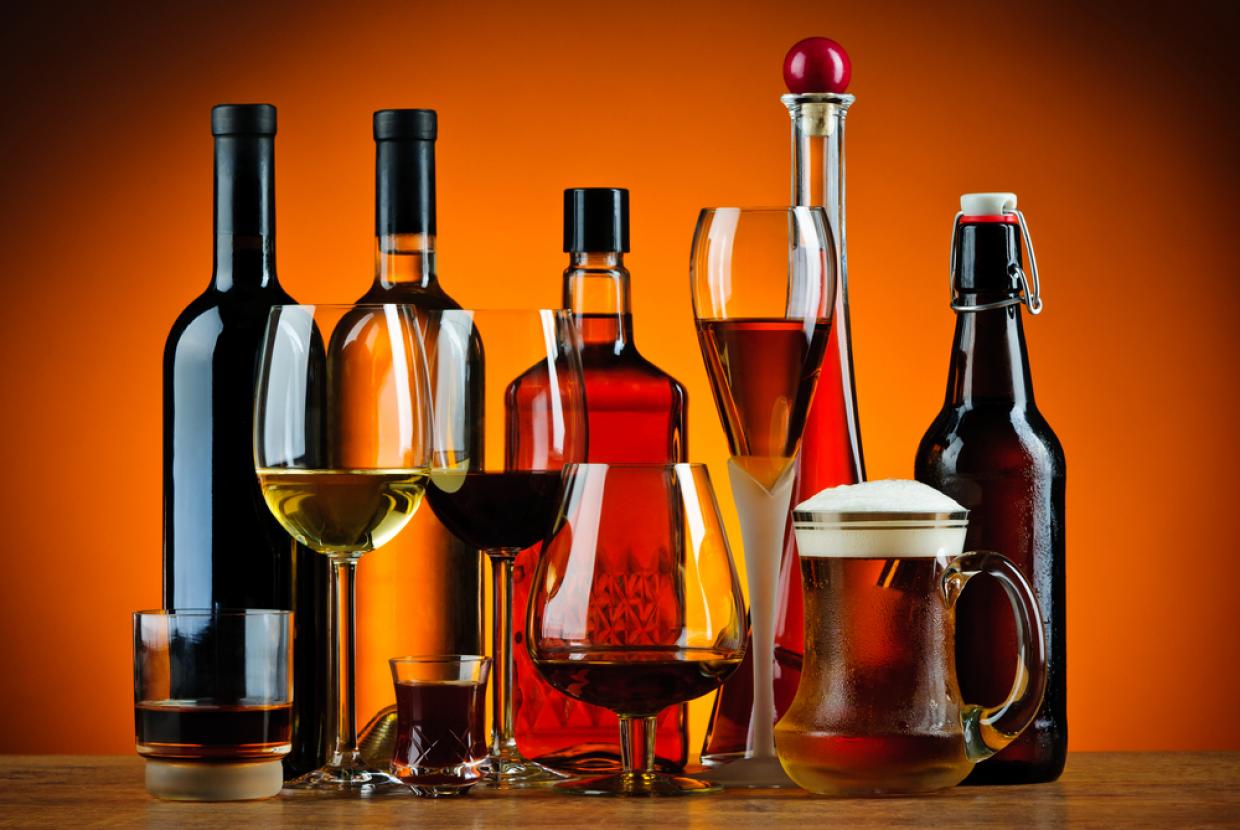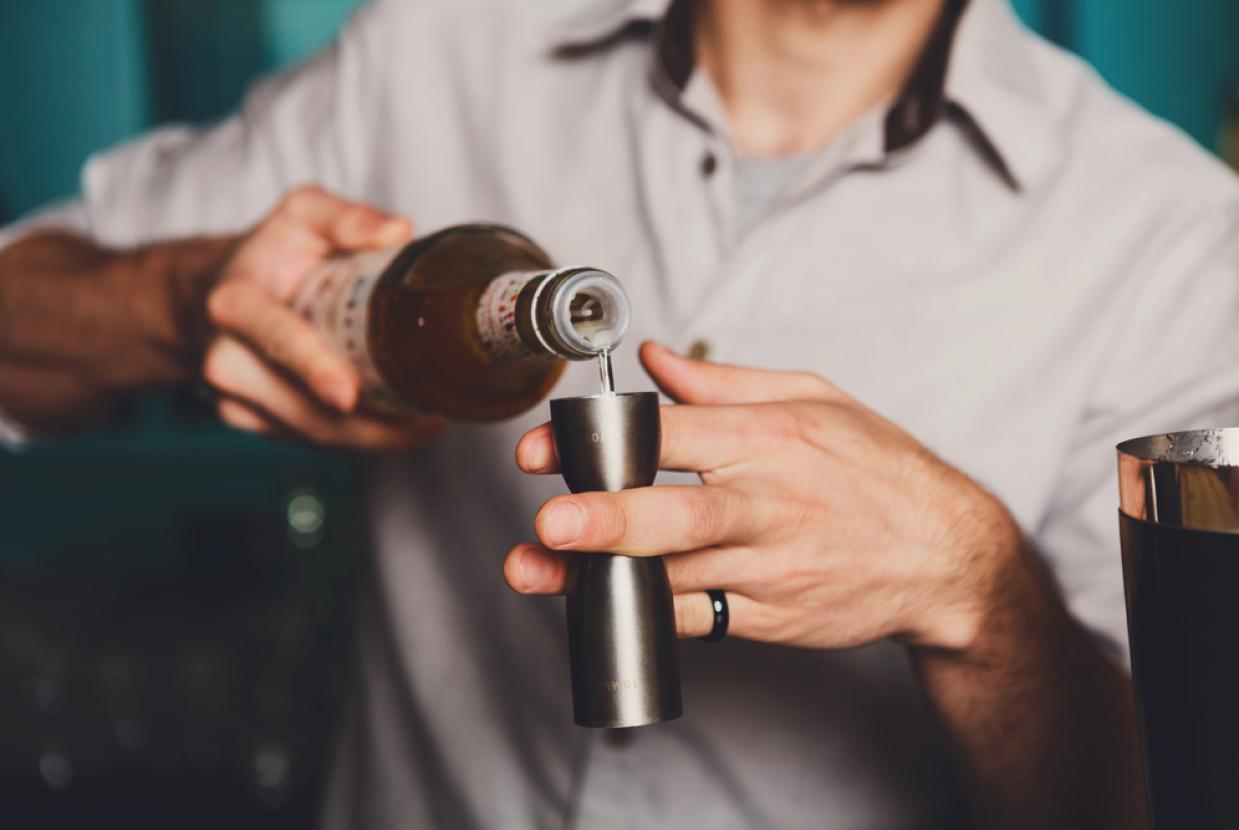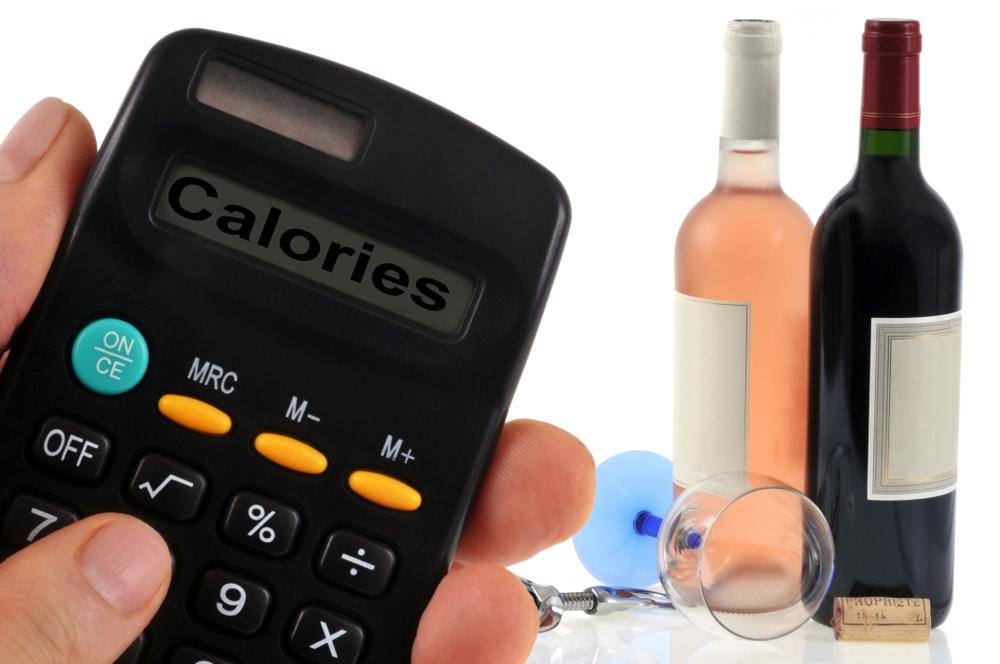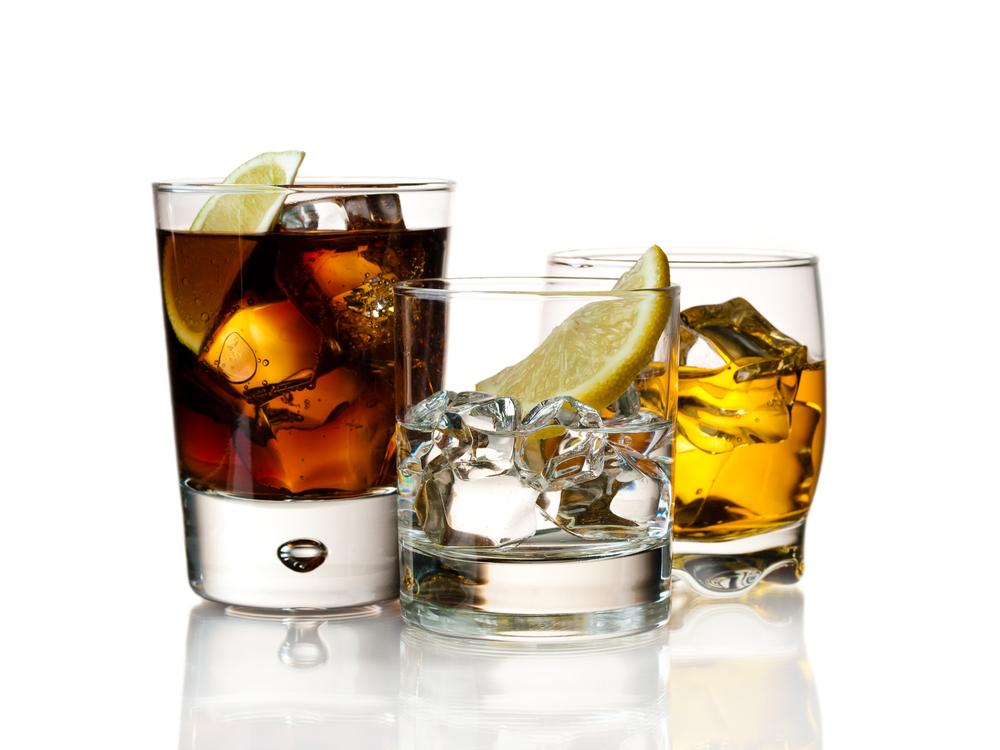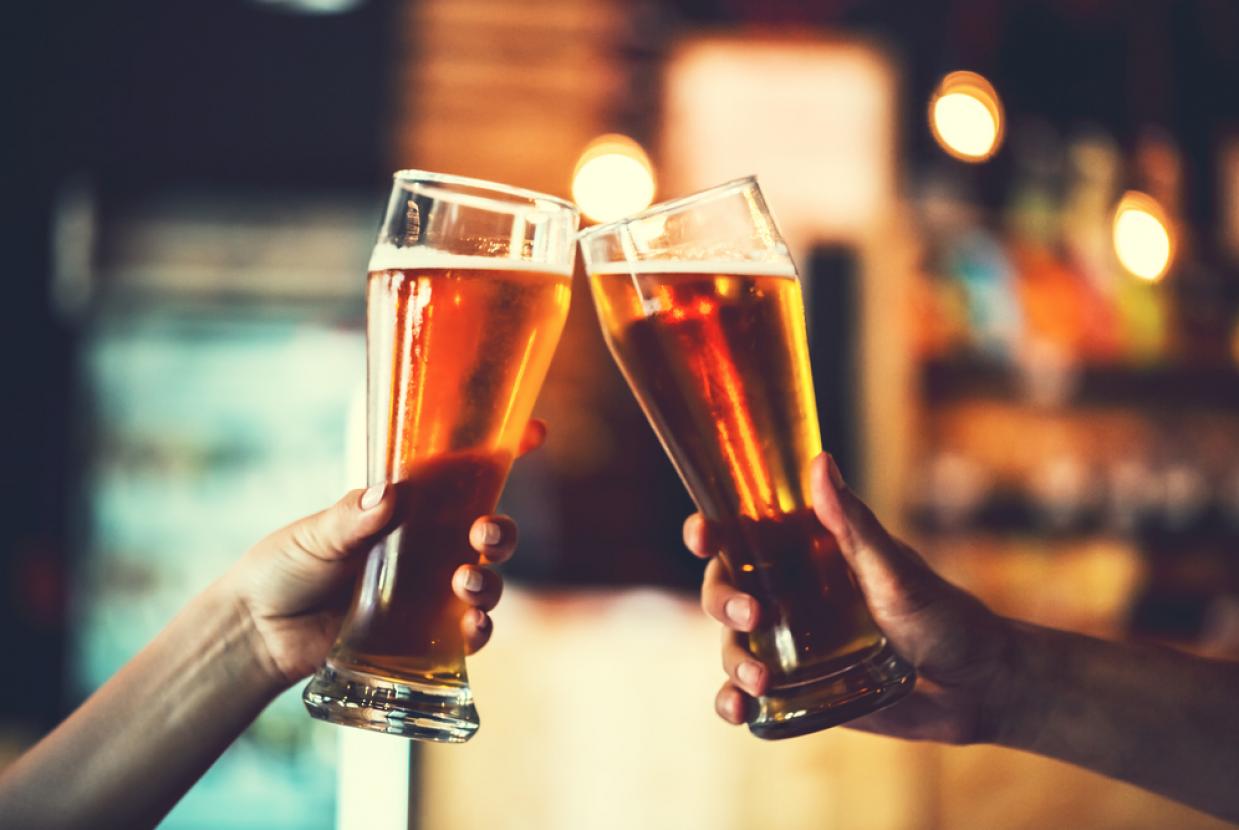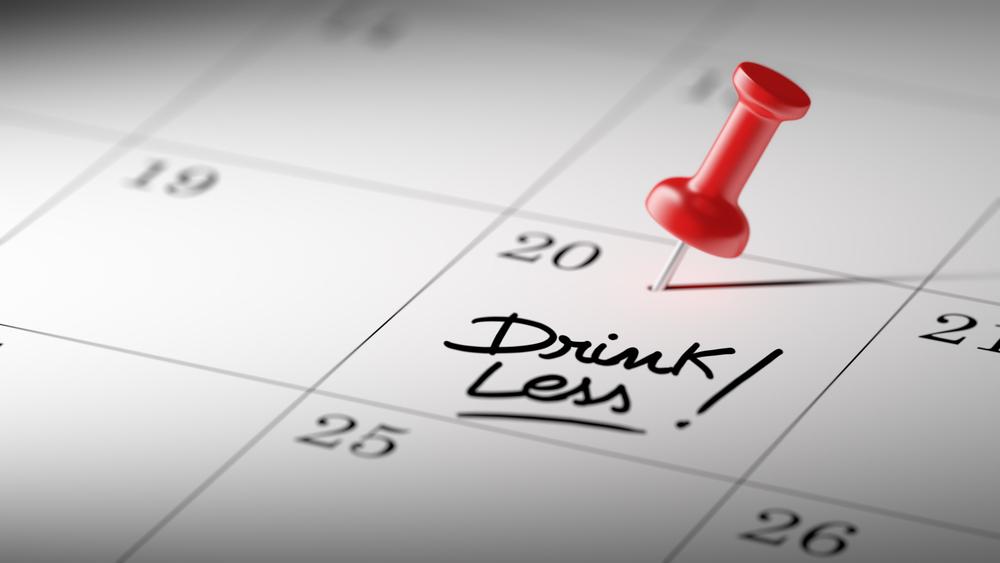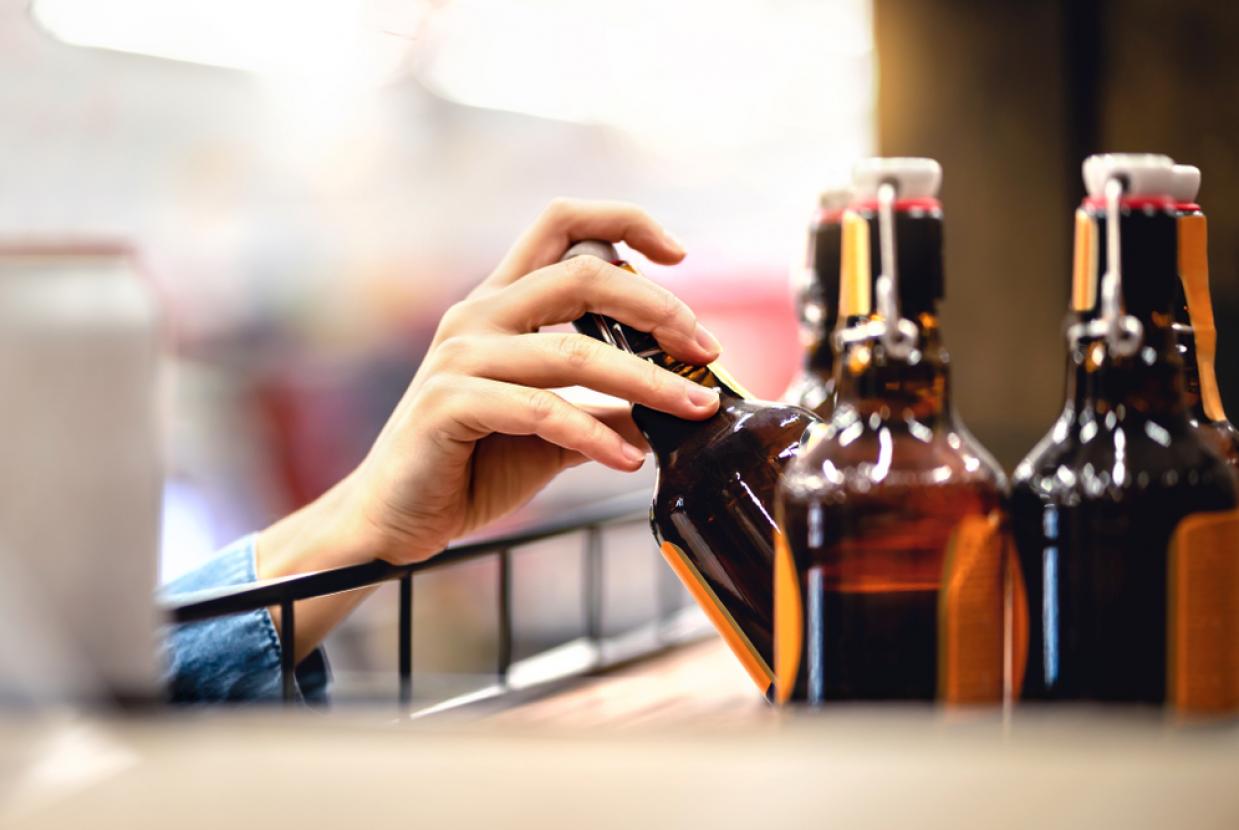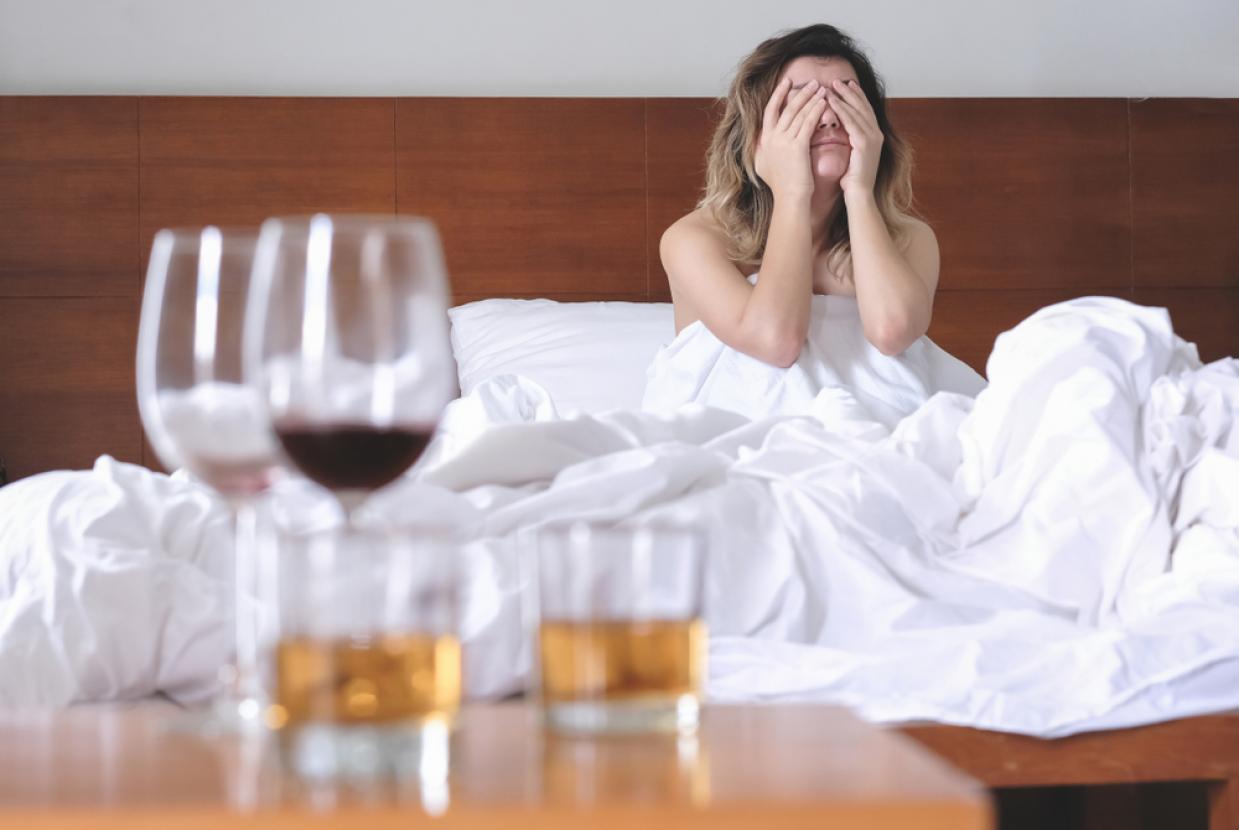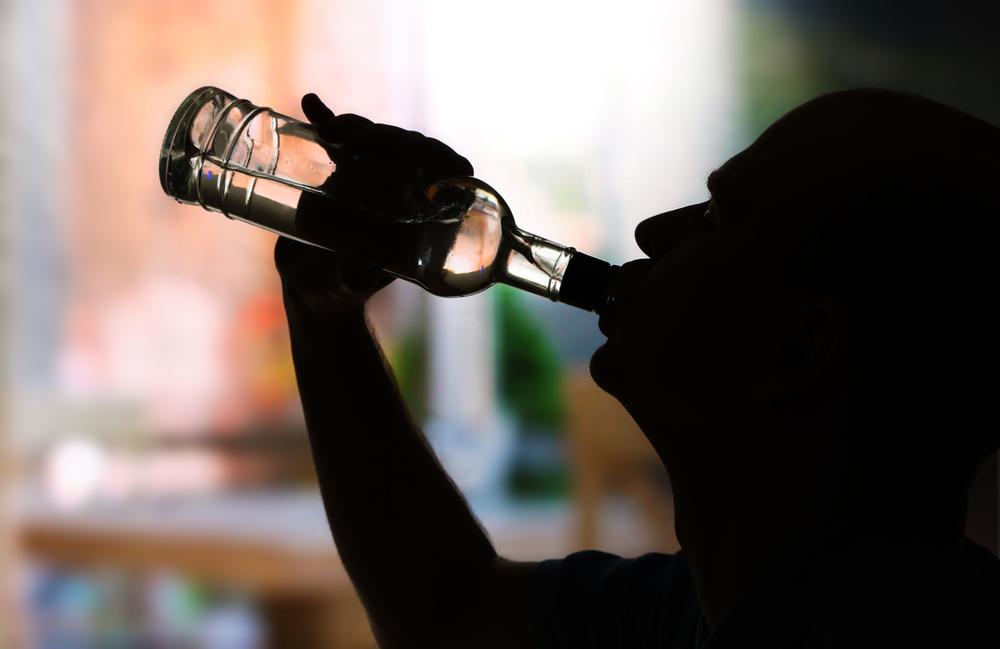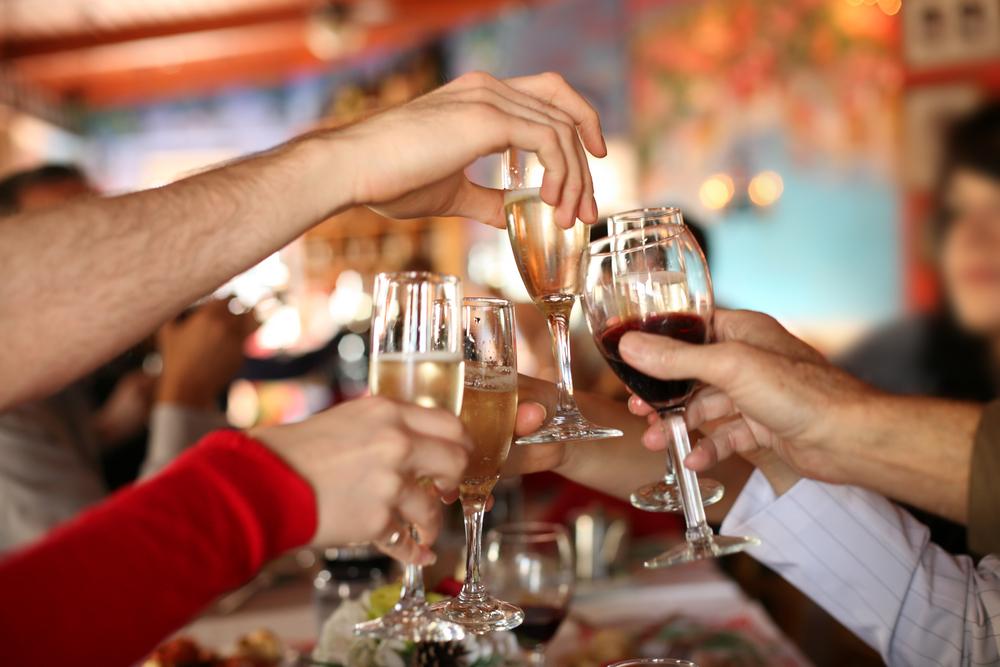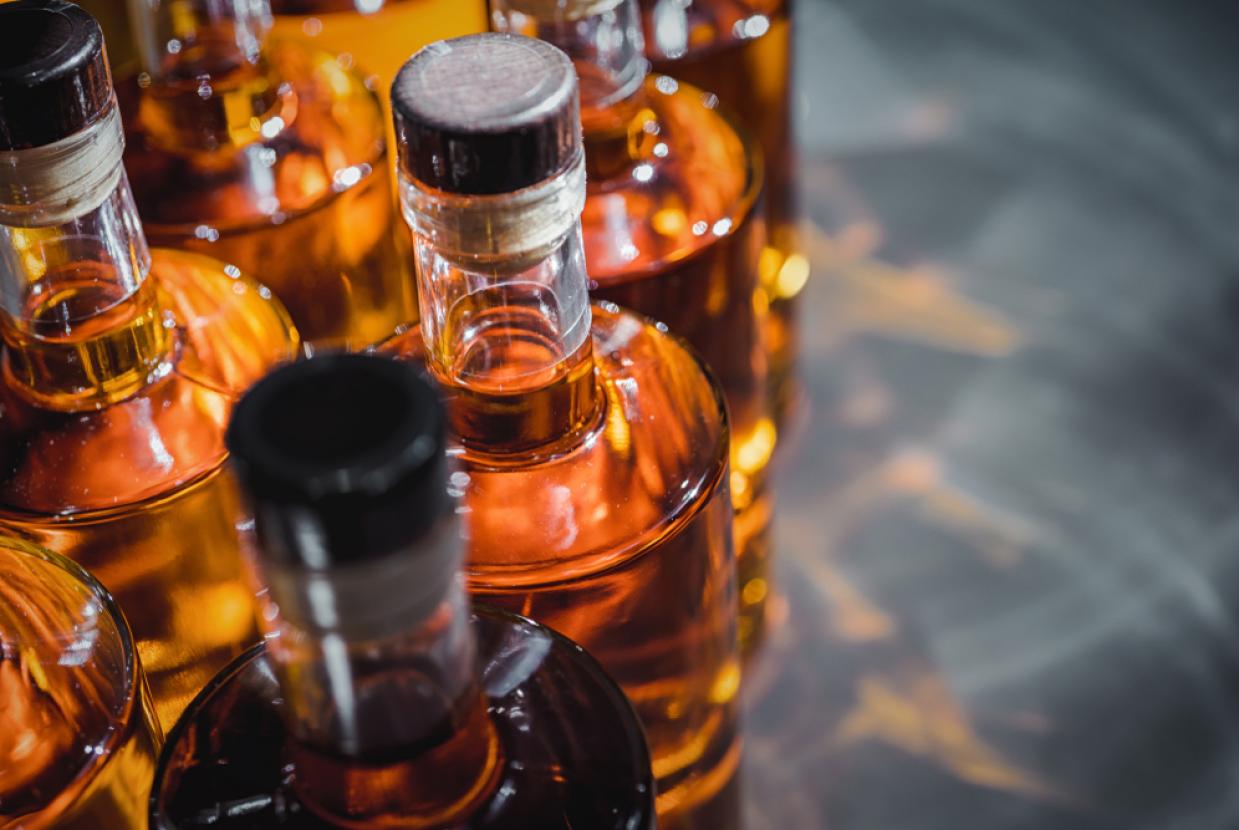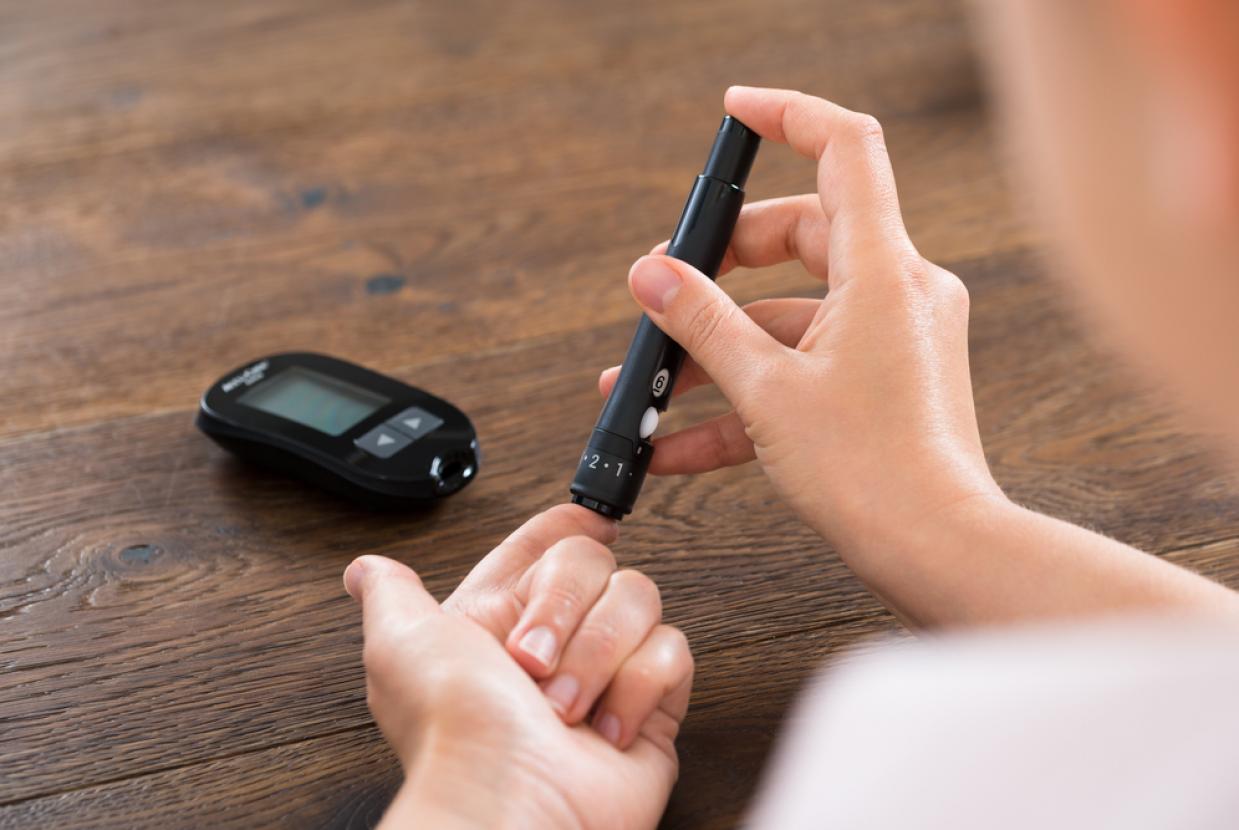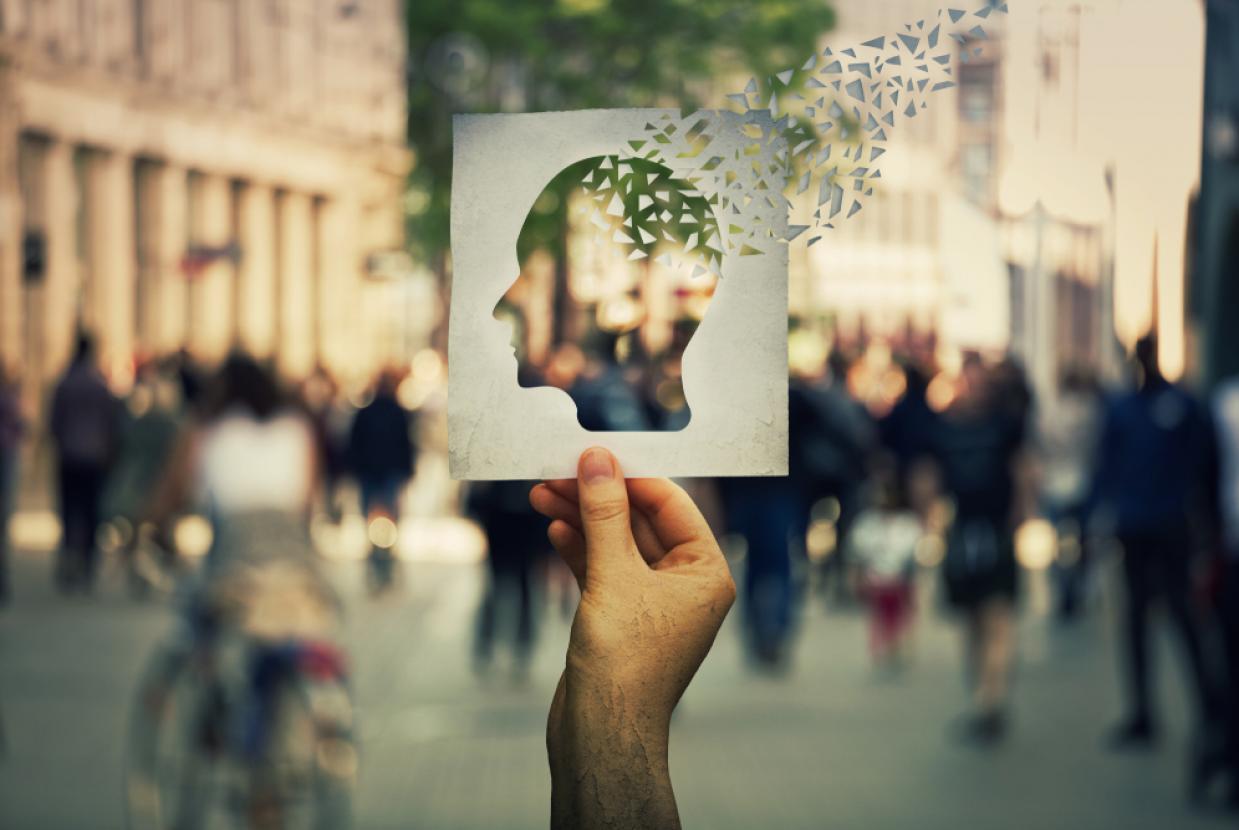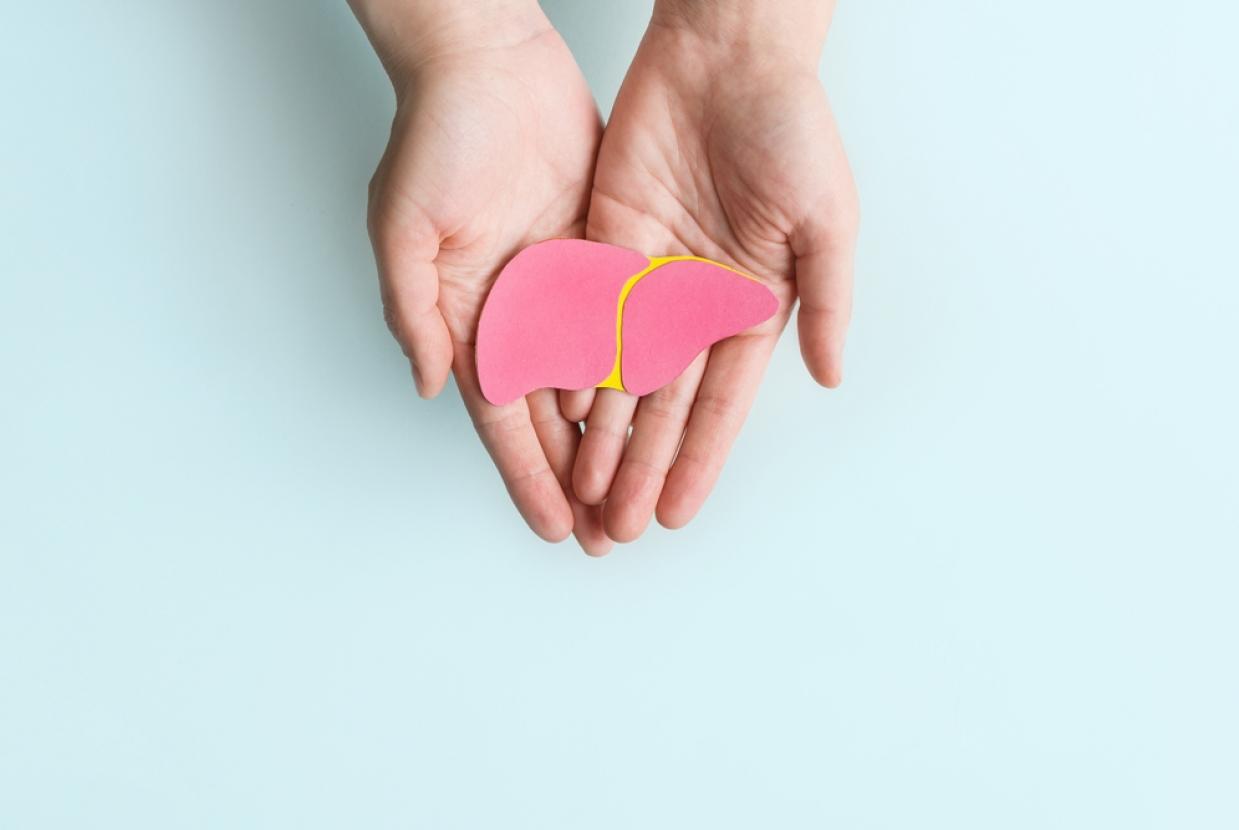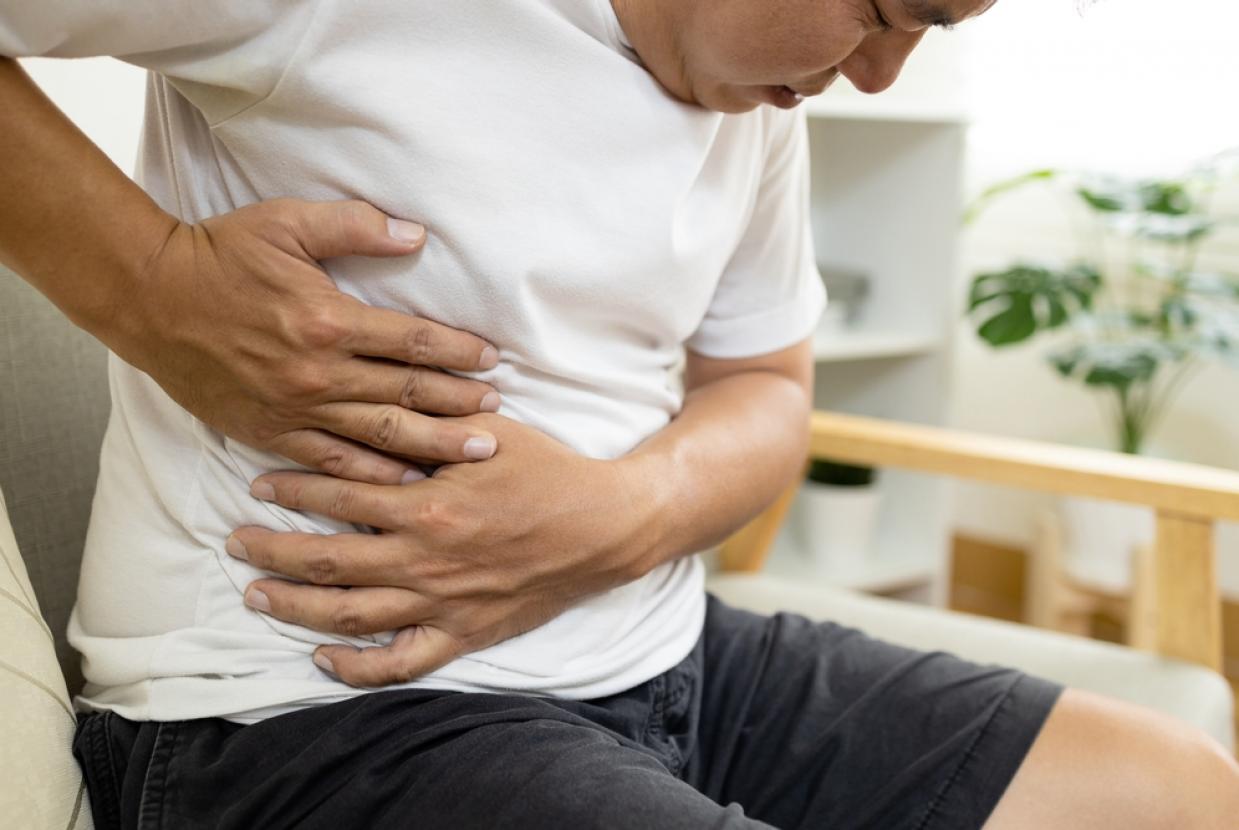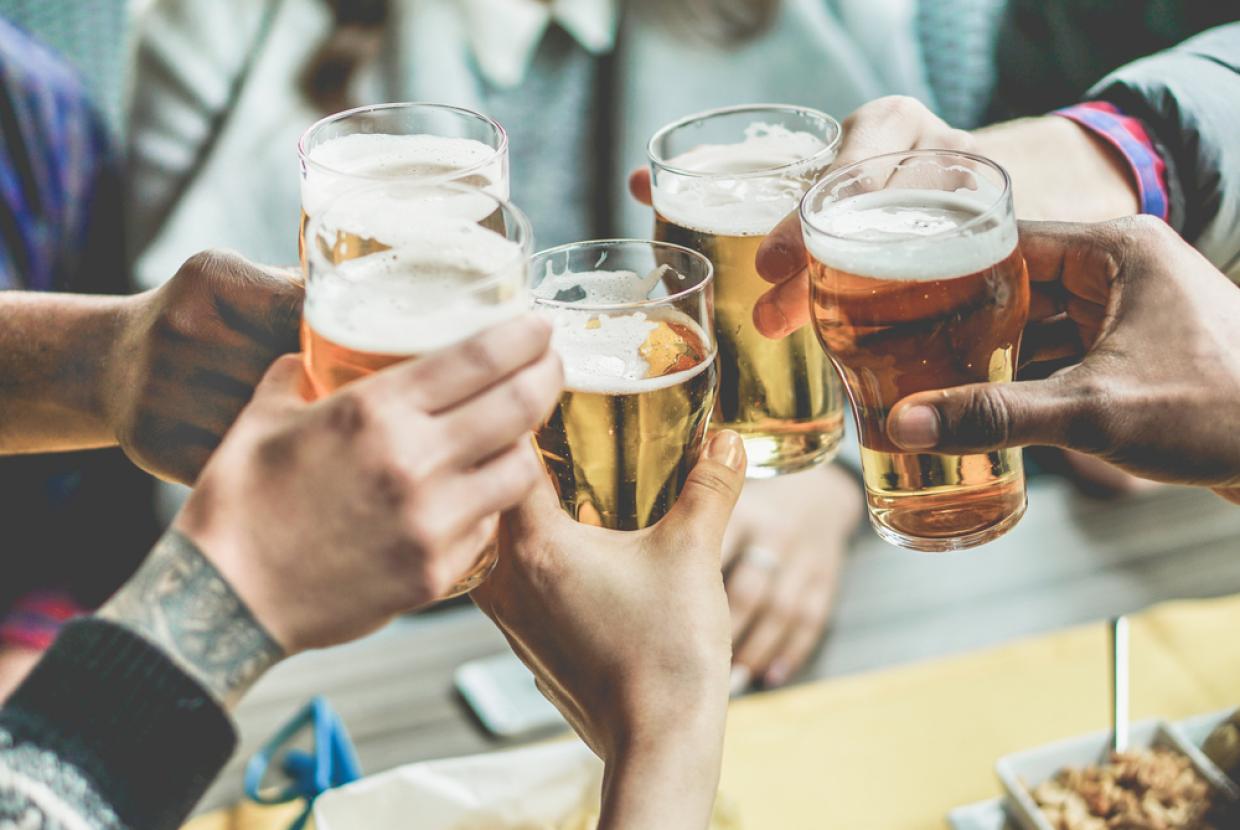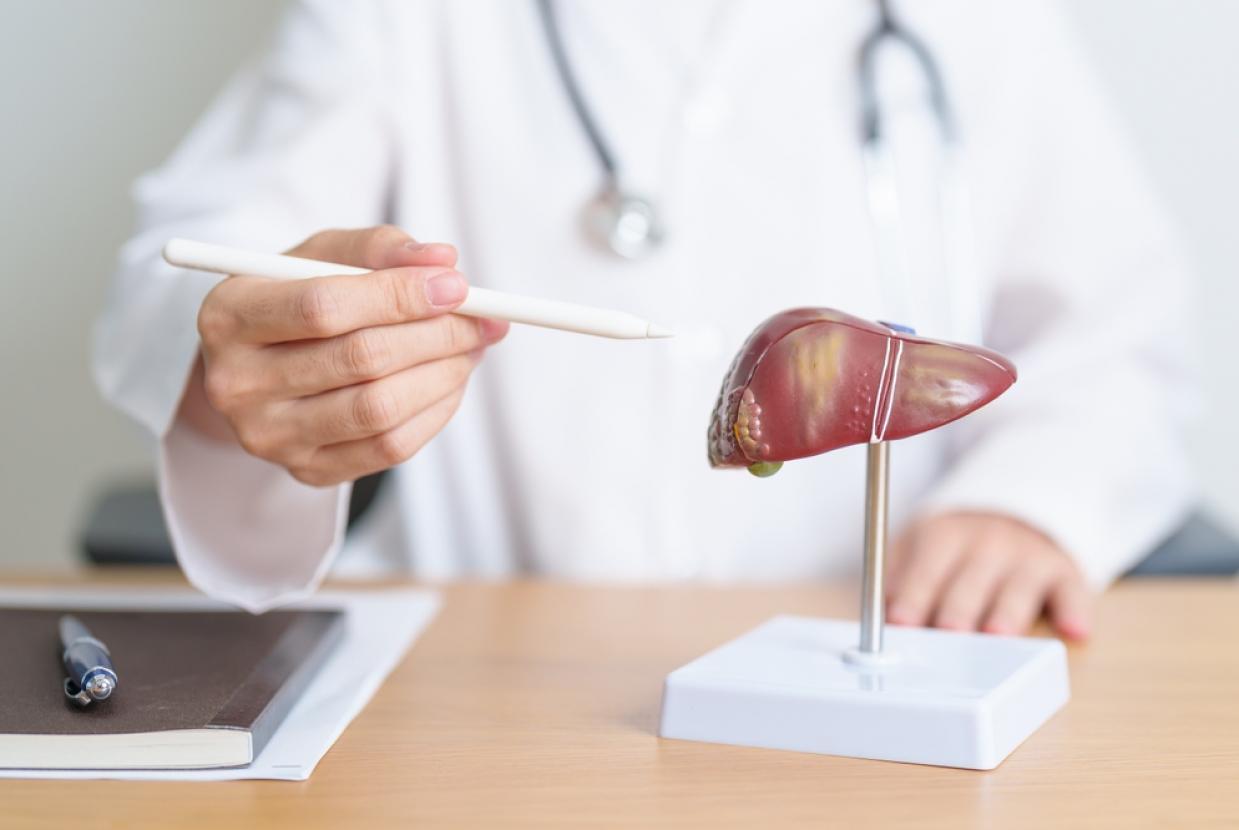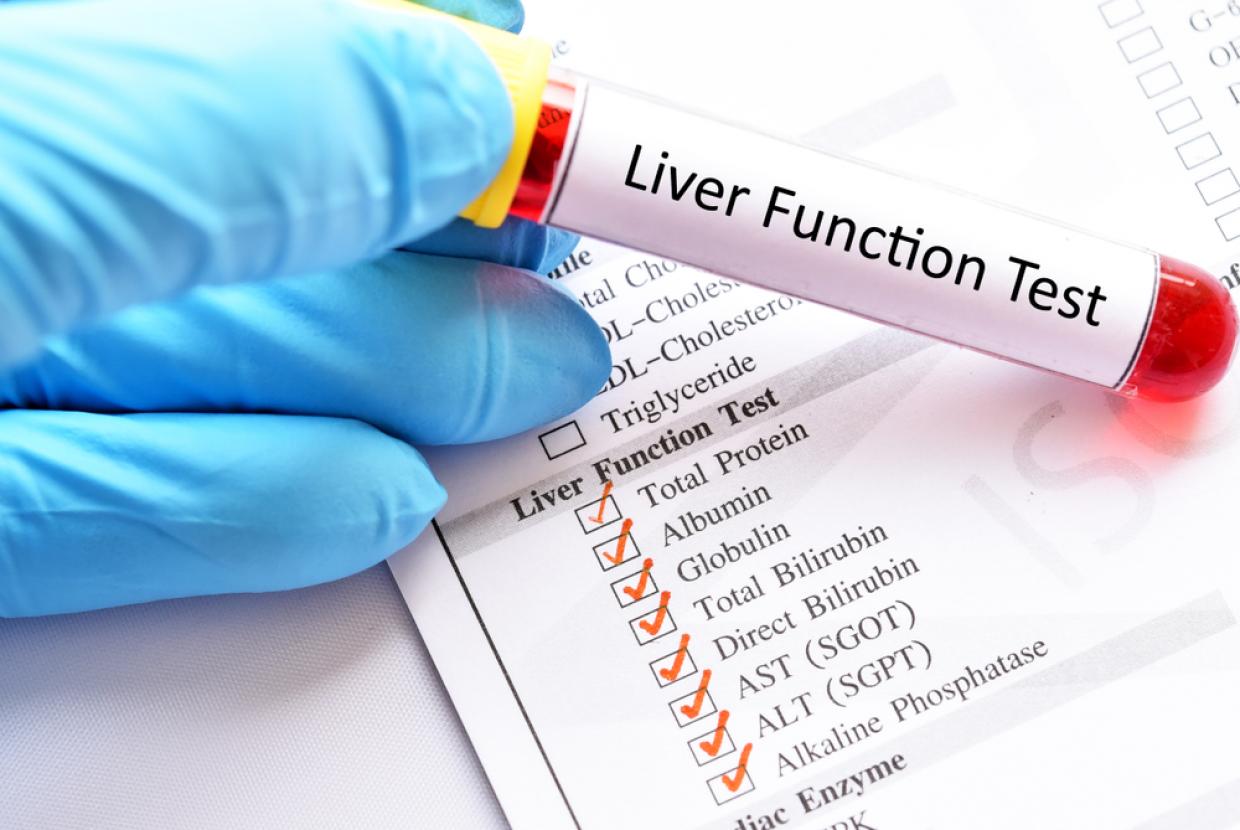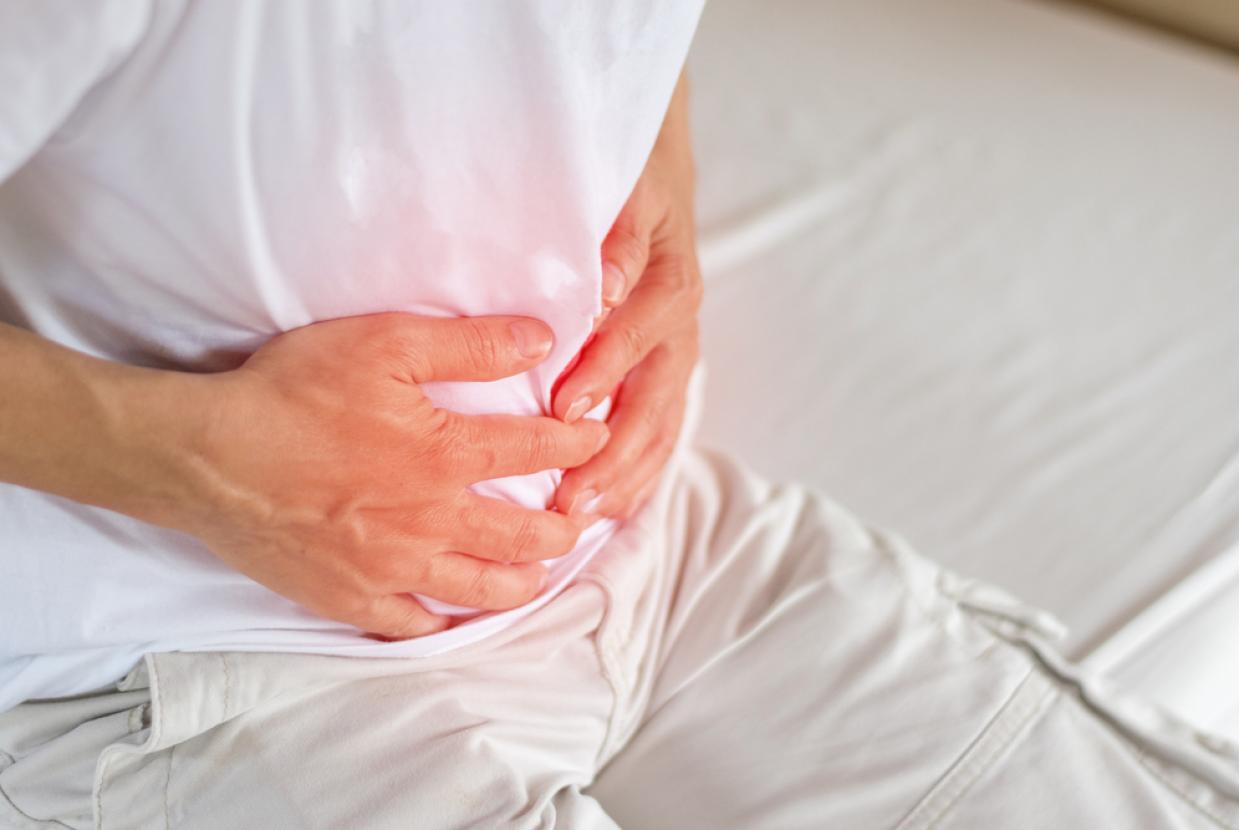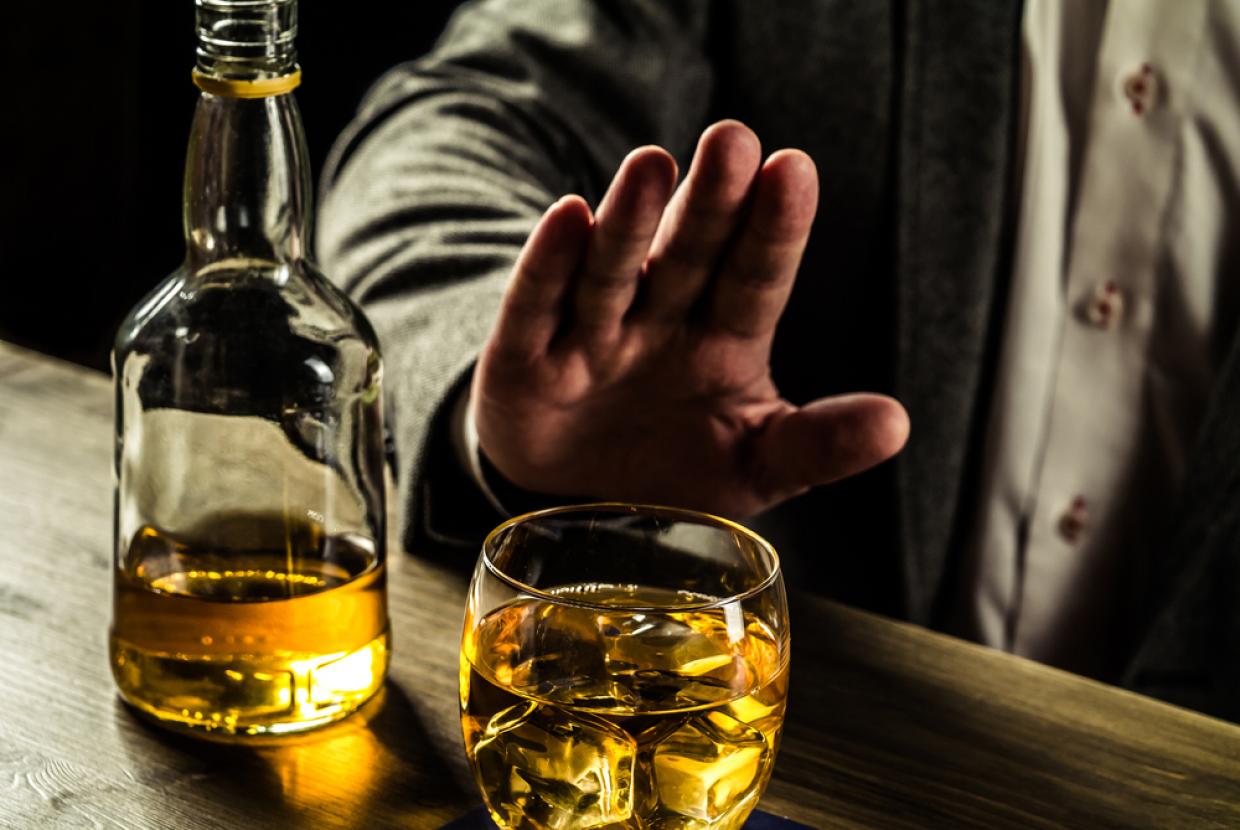12 Myths About Alcohol You’ll Wish You’d Known Sooner
Alcohol GuidanceFrom the infamous ‘hair of the dog’ to the ‘beer jacket’, most of us have used a few of these alcohol clichés at some point in our lives. But is there any truth to these common sayings?
Luckily, we’ve asked one of our very own alcohol research experts, Andrew Misell, to bust some of the more common misconceptions around alcohol and give us the full picture.
Myth: Alcohol keeps me warm "beer jacket".
Fact: Alcohol can make you feel warm, because it makes more blood flow into your skin. The trouble is that this blood – and the warmth it carries – is coming from your body’s core, making your body colder altogether. It can be particularly risky to rely on the ‘beer jacket’ in the winter months, as it gives you a false idea of the true temperature and could result in being less prepared for the weather than you need to be.
Myth: Eating a big meal before you drink will keep you sober.
Fact: Drinking on an empty stomach is never a good idea. The alcohol will go straight from your stomach to your bloodstream, making you drunk more quickly. Eating before you drink will slow the passage of alcohol into your blood, but it won’t stop it.
Myth: A glass of red wine is healthy for you.
Fact: It seems like every few weeks that newspaper reports research about how good some types of alcoholic drinks are for us – particularly red wine. In reality, any possible health benefits for drinking alcohol are more than outweighed by the dangers.
Myth: Hair of the dog - more alcohol will help with a hangover.
Fact: Having another drink when you’re already hungover may seem like a good idea, but it will also increase the amount of alcohol your body is trying to get rid of, and so will make your hangover longer. Ouch.
Myth: You can't become an ‘alcoholic’ by drinking only beer.
Fact: There are a couple of common misconceptions here. Firstly, that the only kind of alcohol problem is when you’re wholly reliant on alcohol in your life. In reality, there are many ways in which alcohol could be putting a strain on your relationships and your health, even if you're not drinking every day. The second misconception is that drinking beer can never be problematic. It’s true that other drinks – such as wines and spirits – contain more alcohol than beer, but any drink can become a problem if you have too much of it.
Myth: Drinking heavily just on the weekend is fine.
Fact: Any kind of heavy drinking, whether it’s every day or just on the weekends, will harm your liver. Episodes of heavy drinking – sometimes called a “binge” – will also increase your risk of trips, slips and falls.
Myth: I'm ok to drive in the morning after drinking.
Fact: Motorists setting off in the morning after an evening’s drinking may not feel intoxicated. They may often believe that they have slept off the effects of their alcohol, or that they can revive themselves with caffeine, exercise or a shower. However, given that it takes the body an average of one hour to metabolise each unit (10ml) of alcohol, it is perfectly possible to be well over the legal driving limit the morning after, particularly if drinking has continued late into the night.
Myth: I admire a person who can hold their alcohol.
Fact: Alcohol tolerance is the body’s ability to suppress its normal responses to alcohol. Someone with a high tolerance for alcohol may well appear less drunk, but their body’s organs are still experiencing all the same harmful effects of alcohol.
Myth: Only people who drink everyday have a problem with alcohol.
Fact: There is an old adage that you have an alcohol problem if alcohol has become a problem for you, or for those around you. If your drinking habits are getting in the way of other things, or if they mean you aren’t there for the people who need you and want you around, it may be time to rethink how much and/or how often you’re drinking.
Myth: A night cap before bed helps me sleep better.
While the sleep-inducing effect of booze can help you drop off at first, alcohol suppresses Rapid Eye Movement (REM) sleep which can make for a less restful slumber overall. Drinking alcohol before bed also means trips to the bathroom are inevitable, as alcohol is a diuretic. Another side-effect you’ll experience is sweating more, adding to the dehydration. This is the perfect cocktail to have you waking up feeling sleepy and with a sore head and might leave you wondering if that night cap was really worth it.
Myth: Once a bottle is open you have to finish it.
Fact: Drinks that have a bit of fizz – like sparkling wines and most beers – may go a bit flat if left for a day or two, but most alcoholic drinks will keep their flavour and be perfectly drinkable the next day if you put them in the fridge. Invest in a couple of bottle stoppers to keep your favourite tipple fresh in the fridge and ditch the unnecessary pressure.
Myth: Everybody drinks.
Fact: Around 80% of adults in the UK drink alcohol sometimes, but only around 50% drink alcohol once a week or more. That means that, every week, tens of millions of people in this country don’t touch a drop. Many of those people will be abstaining for religious or medical reasons; but many more will have simply decided to enjoy life without alcohol.


